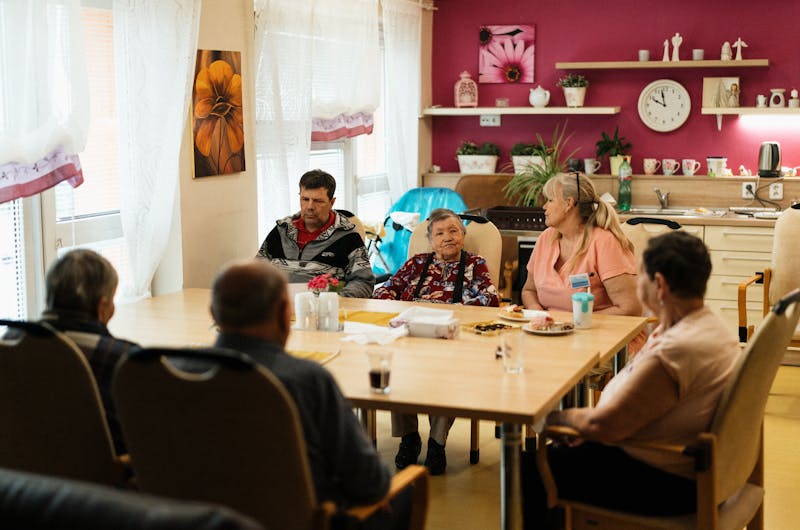Nursing Home Abuse: Malnutrition and Dehydration
Sometimes you have to look more closely to see the signs of nursing home abuse. There are certain forms of abuse that are not quite as obvious as broken bones, cuts and bruises. In fact, some of the most common forms of abuse and/or neglect are those that are less apparent. Sadly, these are also often some of the most dangerous forms of abuse. Malnutrition along with dehydration are two forms of abuse readily seen in Tennessee nursing home.
Malnutrition (as well as dramatic weight loss and other conditions such as anemia) and dehydration strongly indicate that a nursing home is being understaffed or that the staff is being negligent. On average, it takes about thirty minutes to an hour to sufficiently feed one resident. Unfortunately, many nursing homes across Tennessee employ too few workers to adequately complete the task.
Malnutrition:
Nutrition is one of the most basic human needs. Everyone, but especially the elderly, must ensure that they are receiving proper nutrition to stay healthy. In fact, many nursing home residents seek out nursing home care precisely because they need help maintaining proper nutrition. However, they do not always receive the help they need.
Malnutrition can occur for several different reasons. Sometimes elderly people refuse food because they claim they are just not hungry. This is common a side effect of many medications. Similarly, certain medications can make food taste unpleasant, and dull taste buds can cause food to taste bland. Other causes of malnutrition include: depression, dementia, dysphasia (a disorder that inhibits swallowing), and even ill-fitting dentures.
These situations are common and nursing home staff members should be trained to recognize them. The staff is responsible for making sure that each resident receives adequate food despite refusal or reluctance to eat. Furthermore, staff members should ensure that residents are not only consuming their food, but also that they are getting nutritious food. A balanced diet is just as important to proper nutrition as caloric intake. Conditions such as protein/energy under-nutrition (which can cause anemia and lowered blood pressure) and cachexia (when a body begins to breakdown its own tissues for energy) can occur when a resident isn’t eating enough vitamins and minerals.
Dehydration:
People often assume that malnutrition is to blame for sudden weight loss, but it’s more likely that dehydration is the cause. A loss of greater than three percent of one’s body weight is the hallmark of dehydration. Dehydration is often caused by a decrease in fluid intake; however, it can also occur because of severe sweating, internal bleeding, diarrhea, or other fluid losses. When a nursing home neglects to ensure that its residents are properly hydrated, the results can be tragic. Pneumonia, mental deficiency, infections (specifically UTIs), bedsores, and even death can occur.
In addition to the numerous health conditions and disorders that can develop as a result of malnutrition and dehydration, other more general health concerns can occur as well. The stress that malnutrition and dehydration put on the body can lead to immune system suppression, brittle bones, decreased cognitive functioning, organ failure, and death.
Your Next Step:
The bottom line is that many of our state’s nursing homes are more concerned with cutting costs than with adequately caring for their residents. Even though the state requires a minimum number of employees and minimum levels of training, numerous nursing homes would rather pay the fine than fix the problem. These practices must be stopped.
The lawyers at The Higgins Firm are dedicated to raising the standards of the nursing homes located in Nashville and across the state. We want to help improve conditions for all current and future residents and protect the rights of your loved ones. If you believe your loved one has been mistreated at a Tennessee nursing home and has experienced the painful effects of dehydration or malnutrition, contact our office today.




